Our Founders Story
I’m Sarah Dobson, founder of Sarah Dobson & Co.
Since I started grant consulting in 2018, my team and I have helped PIs bring in more than $50 Million in research funding—by helping them clearly communicate the value of their research.

I believe that the key to getting funded is to get your reviewer as excited about your research as you are.
No fake hype, no “selling” your science – you just need to make a genuine connection with your reviewers. That requires empathy…and a little bit of skill to ensure that your research is presented in a clear, compelling, and persuasive package.
(But don’t worry – we’ll show you exactly how it’s done.)

My Academic Bio
-
Sarah Dobson (she/her) is a research grant consultant and academic career coach. She works primarily with health researchers submitting proposals to NIH.
Sarah has an MSc in public health from the Université de Montréal and a BA&Sc from McMaster University. She worked in research management and grant facilitation in academic institutions across Canada for more than a decade before starting her business.
In 2014 Sarah co-founded Basics for Health Society, a not-for-profit society in British Columbia that aims to connect low-income individuals and their families to the social resources they need to be healthy. Basics for Health Society operates programs serving people across British Columbia.
Her research interests fall within health services, medical education, and health inequities. She developed a program of research focused on how physicians understand their role as health advocates, to improve teaching and assessment of the health advocacy competency requirement in medicine. Her research has been included in changes to the medical curriculum at the University of British Columbia and in updates to the international educational framework for medical residents (CanMEDS) published by the Royal College of Physicians and Surgeons of Canada.
Sarah's publications can be viewed on ResearchGate. She is a reviewer for several peer-reviewed journals, including the Canadian Medical Association Journal and Academic Medicine.
Our Team
Meet the brilliant team members here to help you write a show-stopping grant
Laura Sullivan (she/her)
Grant Consultant, Strategic Reviews
Laura is the lead grant consultant for our Strategic Reviews and also acts as our Programs Lead. She helps our clients write clear and persuasive NIH grant applications across a variety of funding institutes and subject areas. She completed a BS in biology, a PhD in neuroscience, and a postdoctoral fellowship in pharmacology, and loves sharing her enthusiasm for awesome science.
Beyond her work with us, Laura is a bookworm (fiction and nonfiction!) and open to any and all recommendations. She is based in Sault Ste Marie, Ontario, with her partner and two rambunctious children. She looks forward to working with you on a strategic review!
Heather van der Hoop (she/her)
Grant Consultant, The Impact Incubator
Heather is the lead grant consultant for The Impact Incubator program, advising K Award recipients as they write their first NIH R01 application. She has a degree in psychology and a certificate in neuroscience from Princeton University, plus more than a decade of academic editing experience. Heather loves helping people figure out how to best communicate their ideas while clarifying the complex and fine-tuning the details.
Beyond her work with us, Heather is an experienced digital nomad who has worked everywhere from Thai coffee shops to Toronto libraries to Mexican patios. But her love for the mountains always draws her back to British Columbia, where she lives with her partner and dog in a ski town in the Kootenays. In her spare time, she loves exploring new trails, getting her hands dirty in the garden, and deciding where to travel next. Heather looks forward to meeting you inside The Impact Incubator!

Mission & Values
We are a woman-owned, feminist-led business. Our mission is to give researchers the systems, strategies, and support they need to write high-impact grants so they can get their research funded and improve the health of individuals and communities. We recognize that there are systemic barriers and biases built into biomedical research. So on top of our commitment to supporting individual scientists, our mission is to contribute to dismantling systemic racism and misogyny in academia and in funding agencies. We unequivocally endorse the recommendations in the recent Cell paper Fund Black Scientists (Stevens et al., 2021).
We believe…
-
We care a lot about the people we work with (our clients and our team). Connection, empathy, and support are the foundation of our work, and we make sure to infuse those values in every interaction we have. Our clients have entrusted us with their big dreams for their career—and we honor that trust by providing the very best experience possible.
-
Our clients are accomplished and tenacious early career researchers. But grantsmanship is a separate skill set. And because so few institutions offer adequate support and training related to grantsmanship, most faculty are left to figure this out on their own—when the stakes are tremendously high. We start with the assumption that our clients’ research is brilliant and impactful, and our job is to highlight that brilliance so that reviewers are just as enthusiastic as we are. We give editorial feedback with love, care, deep attention, and encouragement (and Oxford commas). We know this isn’t the norm.
-
We know that writing successful grants means getting reviewers excited about the research…and we must generate that excitement within ourselves first. When you’re up against deadlines and a million other commitments, it’s easy to lose sight of why you chose a career in research in the first place. Which is why we do our best to encourage you to remember why you love this work. It makes your research more enjoyable, and it comes through in your writing. Enthusiasm is contagious.
-
Nothing is more important than physical and mental health. As a person living with a progressive disease and a disability, Sarah knows firsthand how challenging it is to prioritize health and wellbeing in academic spaces. That’s why our team takes our downtime seriously, and it’s why we always preach quality over quantity.
-
We reject the toxic, abusive academic culture that encourages productivity at the expense of an individual’s health and relationships. We’re humans, not robots. We enthusiastically endorse setting boundaries to create time and space to think, reflect, rest, and refine—and we know that doing so creates higher-impact research. You can’t do good science when you’re running on fumes.
-
But right now, that’s an aspirational idea rather than the reality. To make academia more diverse and inclusive, we need to make sure that women, BIPOC, queer, and disabled researchers are getting hired & promoted, reviewing grants, making hiring decisions, and leading departments...and being supported to do so, not actively undermined. As a company, we’re helping individual researchers advance their careers so that they can do the work they love and become the leaders and mentors that academia needs. We’re also committed to using our outside-the-ivory status to make change at a systems level.

We are committed to building an anti-racist business.
As a white leader, I understand that my unlearning is an ongoing process, and so is building an anti-racist business. We are continually examining and addressing our own biases within the company, learning from an expert in Justice, Equity, Diversity, and Inclusion to practice liberatory leadership.
We believe that everyone has a responsibility to challenge the institutions that have upheld systemic racism. We believe in interrogating systems that uphold oppression and marginalization and restrict the freedom of all people, whether that’s based on their racial or ethnic identity, sexual orientation, gender identity, or ability.
We know that academia—the space we work in—is one of these systems that upholds the oppression of many groups.
We’re working to make academia a more diverse, equitable, and inclusive environment by supporting individual scientists to advance their careers, and by challenging the entrenched biases in research funding and publication for underrepresented researchers.




